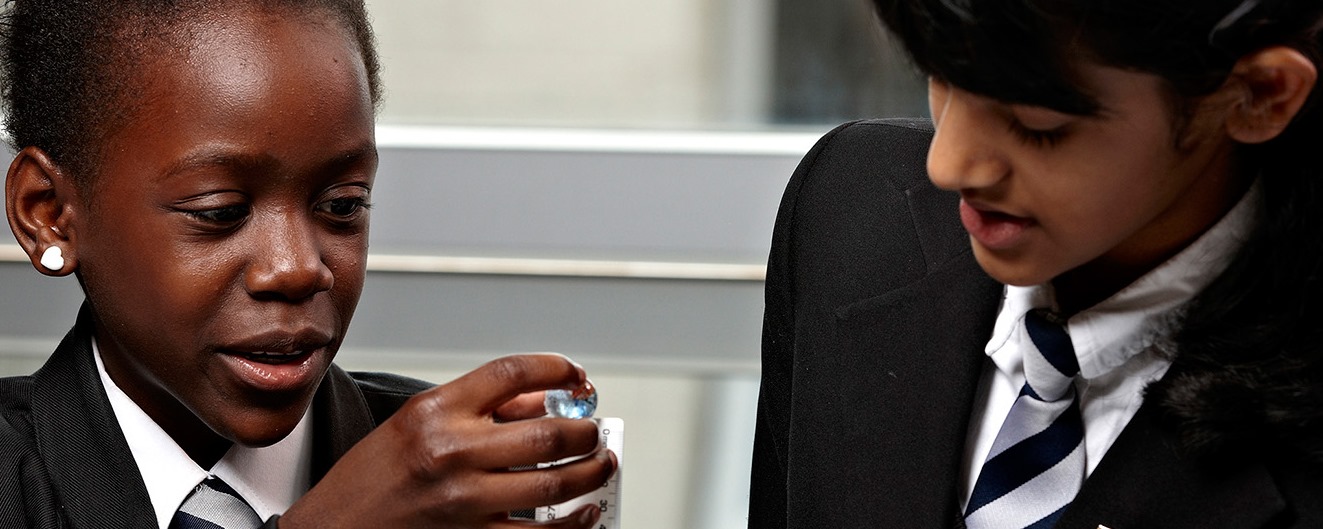Since its launch in 2013 the University’s Centre for Research in Race and Education (CRRE) has been at the forefront of academic study into racism and race equality in education. The only higher education research centre in England to focus on race equality in education, its work is already making an impact in Birmingham’s local community, the British education system and further afield with close connections across the globe, particularly in the US.
The Centre’s mission is to pursue race equality and social justice by working to close gaps in educational achievement and improve the learning experiences and career outcomes of black and minority ethnic communities.
Old Joe spoke to the Centre’s Deputy Director, Dr Paul Warmington, about CRRE’s research, impact and the current state of racial equality in the UK.
‘It’s important to look back at the issue of race in our history so that we avoid going round in circles. At times it seems that we go back to square one conversations and are facing issues that should have been solved by now. There is often a “colour-blind” approach taken by sections of the media and policy-makers that creates a sense of racial inequality being a non-issue, something we’ve dealt with and moved on from – of course this is not the case.
‘If you look at the hostility towards migrants in the press and by some areas of Government, particularly in their choice of language, it is not dissimilar to attitudes shown towards immigrants from the Commonwealth countries in the 1950s and 60s. Unfortunately there is still a disproportion in the educational attainment of minority groups such as the Pakistani, African-Caribbean and Traveller communities. The issues go beyond education, with alarmingly high numbers of ethnic minority groups having a disproportionate number of unemployed or incarcerated.‘
One of the Centre’s current research projects is to analyse how race equality in education in the UK has changed in the 20 years since the racially motivated murder of black teenager Stephen Lawrence in London. At the Centre’s launch in 2013 Stephen’s mother and race equality campaigner, Doreen Lawrence OBE, was guest of honour and spoke about the importance of research in this area.
'We are here to open up dialogue and encourage a rethink in the way we view equality and education in this country.’
Academics are reviewing statistical data and utilising links with policy-makers, advisors and race equality advocacy groups to support the research. By exploring the processes by which educational policy was formed, contested, and remodelled by different governments, they aim to provide the first-ever authoritative picture of the changing landscape of educational achievement and experience in relation to ethnic diversity.

It is these links to policy makers and community groups that led the Centre to host the first ‘British Schools and the Black Child Conference’ to be held outside of London. Led by Diane Abbott MP, the Conference brought together black educators, parents and students to explore issues facing black and minority ethnic communities in the West Midlands. This opportunity to connect researchers and practitioners is an important element to address perennial issues of race equality in education.
‘The conference is an example of the Centre’s ability to make a direct impact at grassroots level and offer people a forum in which to discuss their experiences. We also provided a space for important conversations following the ‘Trojan Horse’ events in Birmingham; organising a seminar for those involved to talk through their experiences and address the potential long-term effects on the city.’
The reputation of the Centre’s research has led to involvement with educational policy including a contribution to the House of Commons’ Education Committee paper on Underachievement in Education by White Working Class Children. They highlighted that from their research educational underachievement continues to be more prevalent for ethnic minority groups in Britain.
Researchers at the Centre also have close ties with the USA and are working towards sharing best practice for tackling race inequality policy on both sides of the Atlantic.
‘There is a lot to learn from the US, particularly the way in which issues of race are central to national conversation through activism, such as the ‘Black Lives Matter’ campaign, and the way that research is utilised to lobby for political change. However we cannot transplant their outlook wholesale, race equality research needs to be located in its own historical context.’
Dr Warmington recognises that there has been progress in the UK but feels there is still work to do. ‘In the 2000s there were positive steps forward that made an immediate impact but these have been undermined and in some cases rolled back. At the Centre we believe a key part of our work is to influence the national policy agenda to support a decrease in the disparity along ethnic lines in education. We are here to open up dialogue and encourage a rethink in the way we view equality and education in this country.’